

I’m Michael, a retired chef living in Ireland. I actually have a family history of cancer – my late sisters were diagnosed with different types of cancer. In March 2021, I found out I had stage 2 prostate cancer. I’ve since completed treatment and have been cancer-free since 2024.

My father and two sisters died of bowel cancer and breast cancer. It was through this family history of cancer that I found out I had small cell/neuroendocrine prostate cancer.

Initially when I first heard I had cancer, the first thing I thought was that ‘this is it, I am going to die’. It was a fearful time.
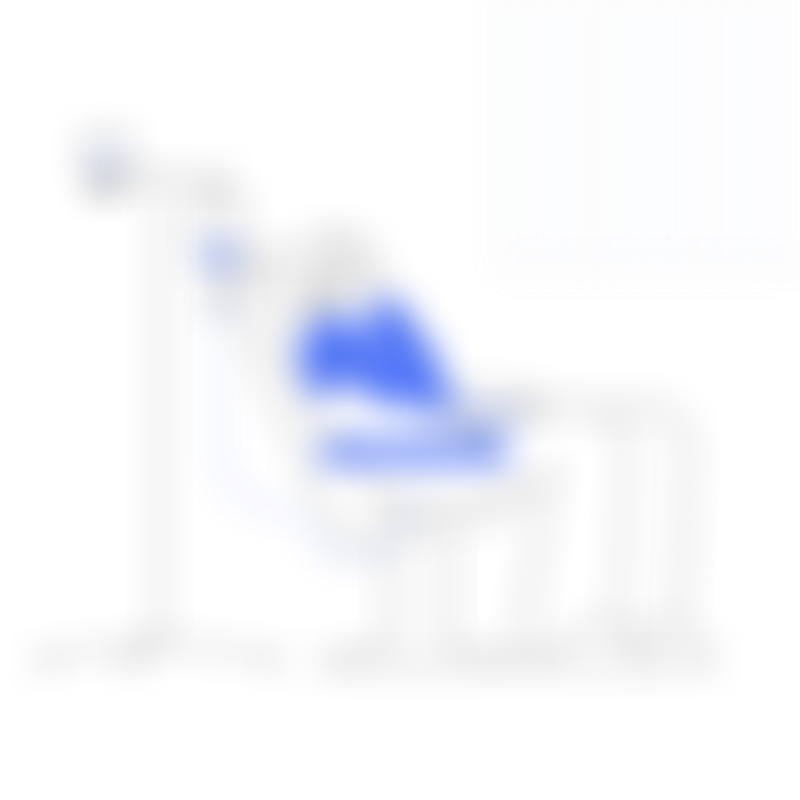
I underwent the following treatments according to my doctor’s recommendations and after talking to consultants in the hospital:
- Radical prostatectomy (removal of entire prostate)
- Chemotherapy
- Targeted therapy
- Removal of bladder tumor and a few cancerous polyps in colon
I had chemotherapy for a period of over 10 weeks and in between operations to remove a bladder tumor in 3 stages. The tumor was treated with Cisplatin and was successful. Each treatment of chemotherapy lasted approximately 3 hours.
I had a few cancerous polyps in my colon that were successfully treated too. It had no connection to the cancer in my prostate and bladder. It was in my own interest to have my bladder tumor and prostate removed. I was declared cancer-free in April 2024.
After deciding on my treatment plan, I was apprehensive although the treatments I had were explained to me in detail. Thankfully, my treatment was free because in Ireland, I was the holder of a medical card which entitles me to free treatment and medication.
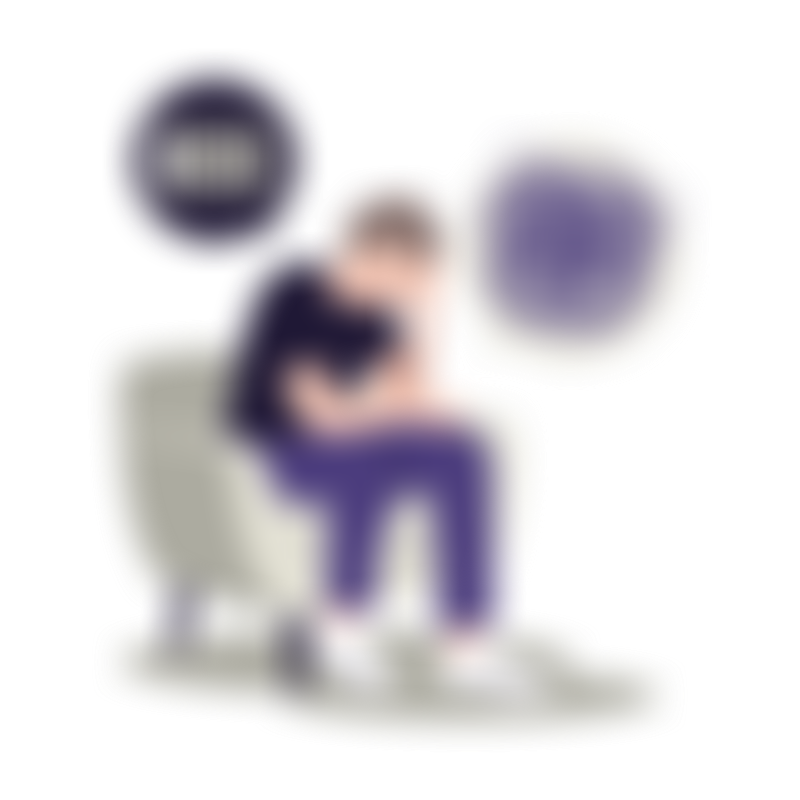
I struggled with hand and foot syndrome resulting from the radical prostatectomy. The chemotherapy also made me very sick. I lost most of my hair, had tinnitus and hearing problems and even my favourite foods tasted awful because it had affected my taste buds, so I lived on porridge. I was suffering from fatigue too. Plus, with the onset of my chemotherapy treatment my veins started to collapse and on occasions it was very difficult to draw blood. That’s something unexpected that I wish I’d known before starting treatment.
It was difficult at times, but because I am a positive man I was able to cope quite well with the help of prescribed medication, namely Tramadol and steroids.
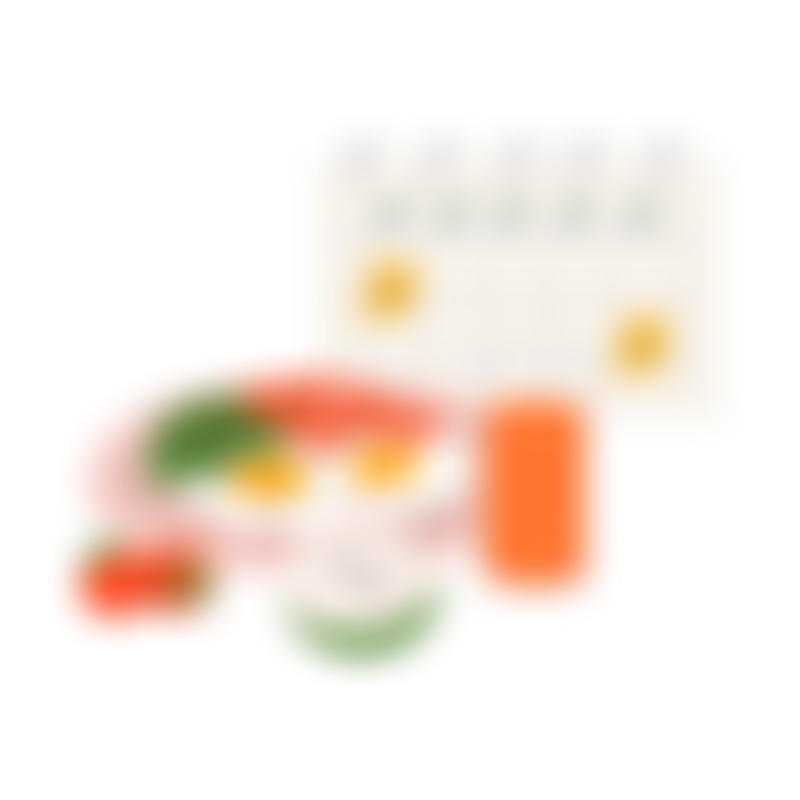
My nutrition and diet changed the most after treatment. It was difficult at first but after consultation with a hospital dietitian I stuck rigidly to the plan. I found the diet plan relatively easy, because I was a chef by trade. By being compliant the impact on my wellbeing was extremely beneficial to me. Always keep hydrated with water, eat as normal, and be positive about the treatment.
I plan to look after myself first and foremost. Do things in moderation and not be afraid to say no, especially if asked to do something that you do not want to do. The hospitals are looking after me extremely well with regular scans, colonoscopies, gastroscopies. I want to maintain a healthy lifestyle and appreciate every day.

The services of a stoma nurse were particularly helpful over the course of my cancer journey.

Because of the cancer, I faced difficulties in my day-to-day life, but with the help of family and friends I was able to cope better than I thought.
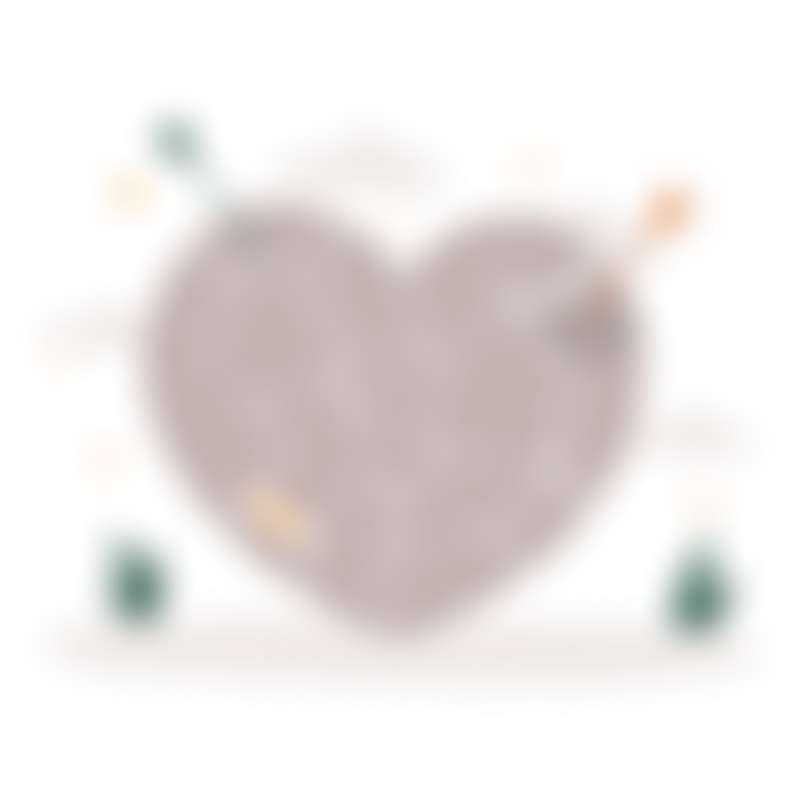
I constantly thought that I wouldn't make it and eventually die. But because my treatment was so successful I made a pact to myself that I wouldn't dwell on what I had been through. I was very fortunate that I had great people to talk to. I am virtually back to where I was before my diagnosis.

Now I feel rather optimistic because after chemo and removal of my prostate, my bladder tumor and a few cancerous polyps in my colon were also removed. After all that treatment I feel great and happy.
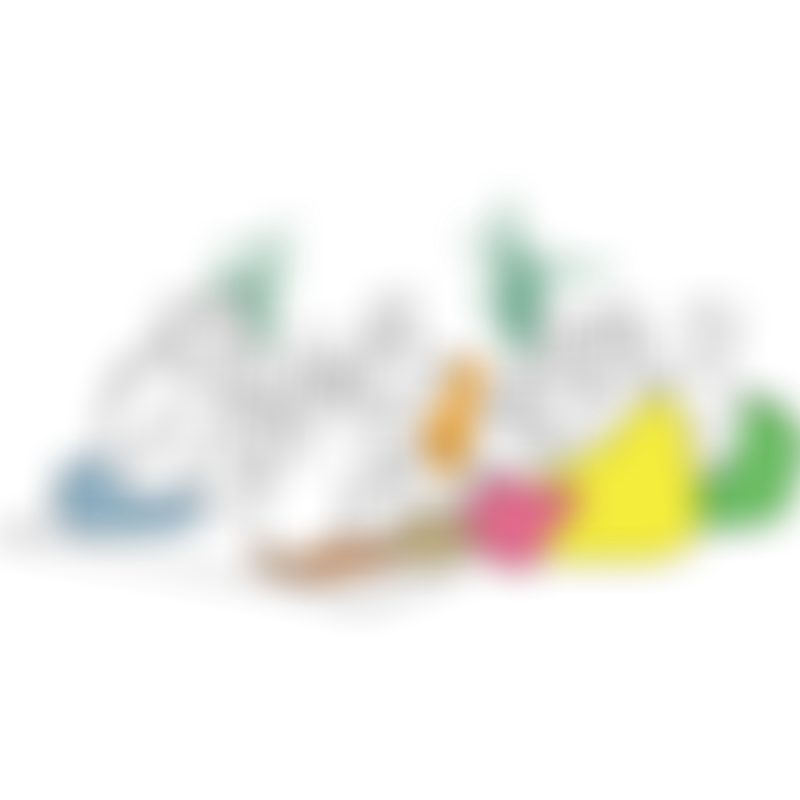
I think after going through treatment and coming to the end of treatment, it is a great relief. However it can be difficult – thinking and knowing you have/had cancer. Over time I have learned to accept it.
Try to be courageous and have a positive attitude. It can be very hard at times to cope with everything but I used to think about the doctors and nurses that go to extraordinary lengths to look after us. This can be a great boost knowing that you are being well looked after. Accept help if you need it. Conversation is a great help. Talk about your cancer journey especially to people close to you. Don’t keep any problems or concerns to yourself. Be positive.
This patient's story is published and shared with their full consent. Any personal data that can be used to identify the patient has been omitted.
Click here for more information.